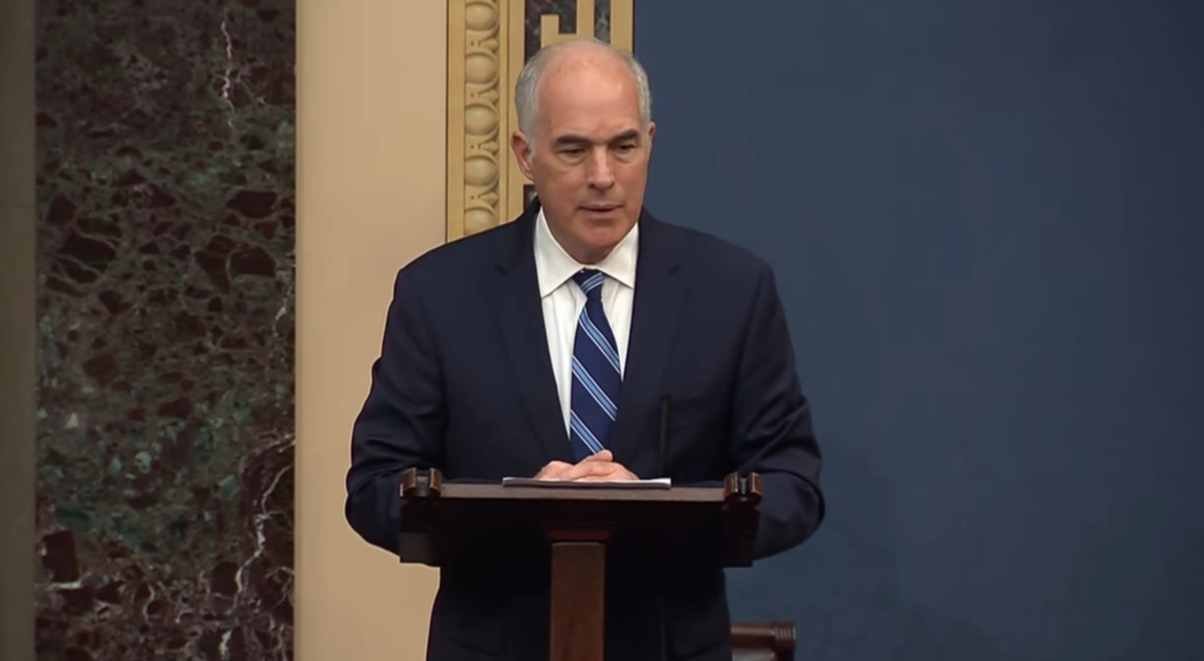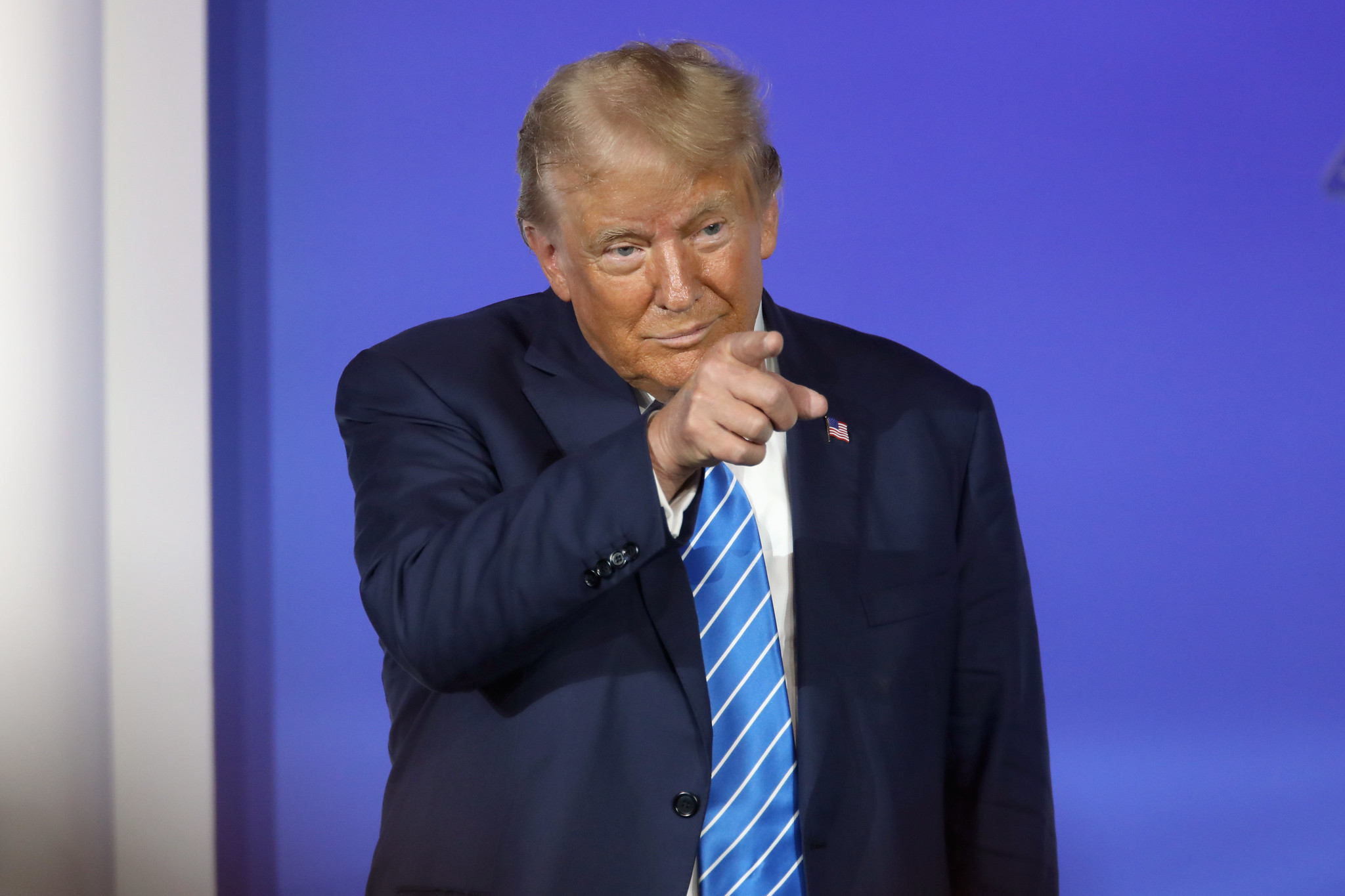Grassroots Group Will Refile Suits Challenging Nevada Voter Rolls
The Citizen Outreach Foundation (COF), an election integrity group, has decided to withdraw its lawsuits aimed at challenging the eligibility of certain registrants on Nevada’s voter rolls. Following the upcoming Election Day, COF plans to refile its challenges, as stated by President Chuck Muth. The group initiated these citizen-led challenges earlier this year through its “Pigpen Project,” collaborating with local election officials and utilizing government data.
However, their efforts faced significant hurdles, including a memo from Democrat Secretary of State Cisco Aguilar’s office directing local clerks to reject challenges filed by COF. This led COF to file lawsuits against local clerks for neglecting to process these challenges. Left-leaning organizations like the ACLU and Marc Elias intervened to defend the state’s voter roll practices, claiming COF’s actions were a coordinated attack on voting rights.
Ultimately, COF withdrew its lawsuits due to technical issues related to the legal language of its affidavits and uncertainty about the timing of removing alleged unlawfully registered voters. Muth expressed frustration over the lack of guidance from Aguilar’s office, indicating a desire to refine their approach and return with challenges after November 5th.
An election integrity group that withdrew its lawsuits seeking to remove allegedly ineligible registrants from Nevada’s voter rolls is planning to re-issue its challenges following Election Day, The Federalist has learned.
“We’re going to come back and refile after November 5th,” Citizen Outreach Foundation (COF) President Chuck Muth told The Federalist.
The entire saga began earlier this year when the COF via its Pigpen Project began filing citizen-led challenges to potentially ineligible electors on the state voter rolls. Using data from government agencies and various sections under state statute, the group worked with local election officials to ensure its affidavits were filed in accordance with state law.
After the CFO spent months working through this process and navigating roadblocks erected by Democrat Secretary of State Cisco Aguilar’s office, the secretary’s team issued a memo on Aug. 27 instructing local clerks to effectively stop processing challenges filed by the COF.
In the directive, Deputy Secretary of Elections Mark Wlaschin arbitrarily claimed that Aguilar understood the “personal knowledge” requirement in the statute used by Muth’s group to make its challenges “to mean the same thing” as it does in a separate provision of state law. Wlaschin instructed local officials to “reject” challenges that did not comply with his office’s interpretation of the law, thus cutting off the CFO’s avenue for filing challenges to potentially unlawful registrants.
This prompted Muth and his group to file a lawsuit against the Carson City and Storey County clerks on Sept. 20. The suit alleged that the officials were neglecting to fulfill their statutory obligation to process challenges to ineligible individuals on the localities’ respective voter registration lists. Separate legal challenges were filed against the acting registrars of Clark and Washoe Counties several days later.
Left-wing entities quickly jumped in to defend Nevada’s messy voter rolls. The ACLU of Nevada and Democrat lawyer and Russian collusion hoaxer Marc Elias reportedly filed motions to intervene in the case on behalf of state officials, both of which were granted by the court. ACLU of Nevada Executive Director Athar Haseebullah baselessly claimed the COF’s legal challenges represented “a coordinated nationwide attack on voting rights” and that the group’s efforts to ensure clean voter rolls were “the latest form of voter suppression pushed by conspiracy theorists to undermine faith in our election system.”
While determined to ensure clean voter rolls, Muth announced on Oct. 12 that the Citizen Outreach Foundation had withdrawn its lawsuits.
The COF president told The Federalist the decision was based on “technical issues that we may or may not have won in court” but that were easily fixable. He specifically cited an argument from COF’s opponents that the language on its affidavits is “deficient” because the COF said in its filings allegedly ineligible voters “appeared to have moved” rather than strictly stating “the voter[s] moved.”
Another technical problem raised by Muth was an “open question” as to whether the court would allow the removal of unlawful registrants within 90 days of a federal election. That issue stems from a provision within the 1993 National Voter Registration Act, which requires that states “complete, not later than 90 days prior to the date of a primary or general election for Federal office, any program the purpose of which is to systematically remove the names of ineligible voters from the official lists of eligible voters.”
“We think that the law does not apply to [individual] challenges, but [our opponents are] claiming that they do,” Muth said.
The COF president also noted the uncertainty over how localities would handle ballots sent to and returned from the addresses belonging to the individuals whose eligibility is being challenged.
“Because [the secretary of state’s office] delayed so long in issuing their August memo and then everything had to happen in court, the ballots went out,” and there was “no way to stop” them from being sent to these allegedly unlawful registrants, Muth said. COF’s opponents argued that “there is nothing in [the] statute that would allow [election officials] to set ballots aside — even if the court did rule in our favor — so that those ballots could be resolved before being opened and counted.”
“We weren’t sure if [our argument] was going to fly or not, so we just decided to withdraw these lawsuits” and “come back and refile after November 5th,” he added.
Muth contended that his team has been “trying to get guidance from [Aguilar] for months on how to do these [challenges] with the right process [and] procedure [but] weren’t getting any cooperation.”
In response to the COF’s decision to drop its suits, Aguilar and Nevada Attorney General Aaron Ford, also a Democrat, released statements smearing the organization’s efforts and glossing over the technical reasons Muth cited in his announcement. Aguilar accused the group of filing “meritless challenges” to Nevada’s voter rolls, while Ford went a step further by baselessly contending the lawsuits represent “vigilante voter roll maintenance” and are “a waste of time and an assault on Nevadans’ democratic rights.”
Muth told The Federalist that the COF filed roughly 33,000 total challenges to potentially ineligible registrants in July and August and that such affidavits will help the group’s post-Election Day litigation efforts to clean Nevada’s voter rolls.
“The good thing is now we have [these affidavits] on record. We’ve challenged those [individuals],” Muth said. So, if “somebody mail-votes their ballot for them, or they cast the ballot and [the challenged voter doesn’t] live there anymore, now we’ve got grounds to file an election integrity complaint with the secretary of state afterwards and say they didn’t want to investigate this.”
For more election news and updates, visit electionbriefing.com.
Shawn Fleetwood is a staff writer for The Federalist and a graduate of the University of Mary Washington. He previously served as a state content writer for Convention of States Action and his work has been featured in numerous outlets, including RealClearPolitics, RealClearHealth, and Conservative Review. Follow him on Twitter @ShawnFleetwood
" Conservative News Daily does not always share or support the views and opinions expressed here; they are just those of the writer."





Now loading...